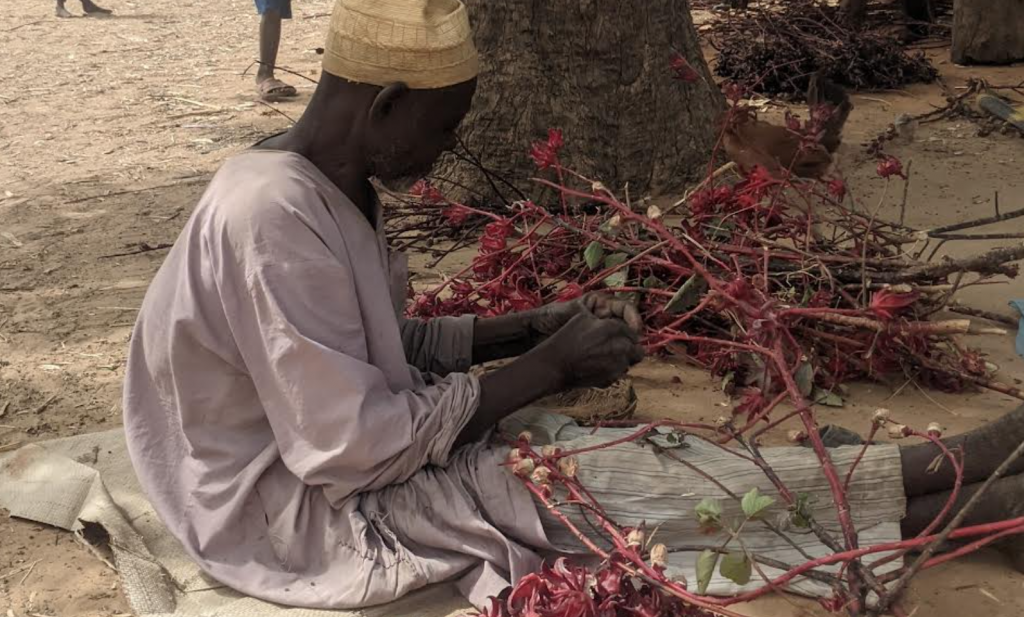We are attune to the belief that health is wealth because good health is priceless and also one of the most important assets one can have. So, this belief is still valid, and good health itself is hinged on several factors that can be categorized as majorly internal and external factors.
For internal factors, it can be achieved by consciously cultivating healthy habits by the individuals such as eating healthy food, committing to exercise, avoiding drug abuse, committing to quality sleep amongst others, while external factors could be access to good health facilities and the impact of the environment. The environment has been a main concern, especially the unprecedented effect of climate change on human's health. In recent years, climate change has contributed adversely to several degrees of illnesses, more disturbing for many farming communities, where access to health care facilities have been a mirage: it is either in the state of comatose or do not not exist. In places where there are health care facilities - they are not readily accessible to the farmers, especially as it comes with a high cost that is unaffordable to them.
Increasing pest infestation has exposed many smallholder farmers to indiscriminate use of synthetic chemicals, many smallholder farmers work under extreme weather conditions and increased flooding resulting in pollution of the environment amongst others. Climate-induced realities are some of the hazards caused by the impact of climate change. Thus, it is very necessary for farmers to have access to affordable health care services, especially at this time when increased food production is important in order to achieve food security. Therefore, farmers' productivity needs to be kept as high as possible by improving their health status, rather than giving in to sickness and diseases that could bring their productivity down. Sadly, we have many smallholder farmers living with varying degrees of illnesses ( The most common I have witnessed is respiratory-related ones) that depletes their already scarce resources and threatening their life and livelihood
As much as there are various health insurance schemes that cater for the needs of the populace, sadly it is still unaffordable for many of the smallholder farmers. We need schemes that suit the needs of the most vulnerable groups (especially those living in the rural communities), and in addition, we need to declare a state of emergency on the primary health care facilities: to upgrade them in order to be able to cater for their health needs at all times. We should not continue to leave our farmers behind to self-help, which many times causes more harm and long term damages to their health. Farmers need to be healthy to produce healthy food for us all. Zero hunger can only be achieved when we start walking the talk and it starts from having a population of healthy farmers with a genuine smile.
Yours-in-Service
Babatunde
Hibiscus Farmers, Jigawa State, Nigeria.
Increasing pest infestation has exposed many smallholder farmers to indiscriminate use of synthetic chemicals, many smallholder farmers work under extreme weather conditions and increased flooding resulting in pollution of the environment amongst others. Climate-induced realities are some of the hazards caused by the impact of climate change. Thus, it is very necessary for farmers to have access to affordable health care services, especially at this time when increased food production is important in order to achieve food security. Therefore, farmers' productivity needs to be kept as high as possible by improving their health status, rather than giving in to sickness and diseases that could bring their productivity down. Sadly, we have many smallholder farmers living with varying degrees of illnesses ( The most common I have witnessed is respiratory-related ones) that depletes their already scarce resources and threatening their life and livelihood
As much as there are various health insurance schemes that cater for the needs of the populace, sadly it is still unaffordable for many of the smallholder farmers. We need schemes that suit the needs of the most vulnerable groups (especially those living in the rural communities), and in addition, we need to declare a state of emergency on the primary health care facilities: to upgrade them in order to be able to cater for their health needs at all times. We should not continue to leave our farmers behind to self-help, which many times causes more harm and long term damages to their health. Farmers need to be healthy to produce healthy food for us all. Zero hunger can only be achieved when we start walking the talk and it starts from having a population of healthy farmers with a genuine smile.
Yours-in-Service
Babatunde
Hibiscus Farmers, Jigawa State, Nigeria.
Related



